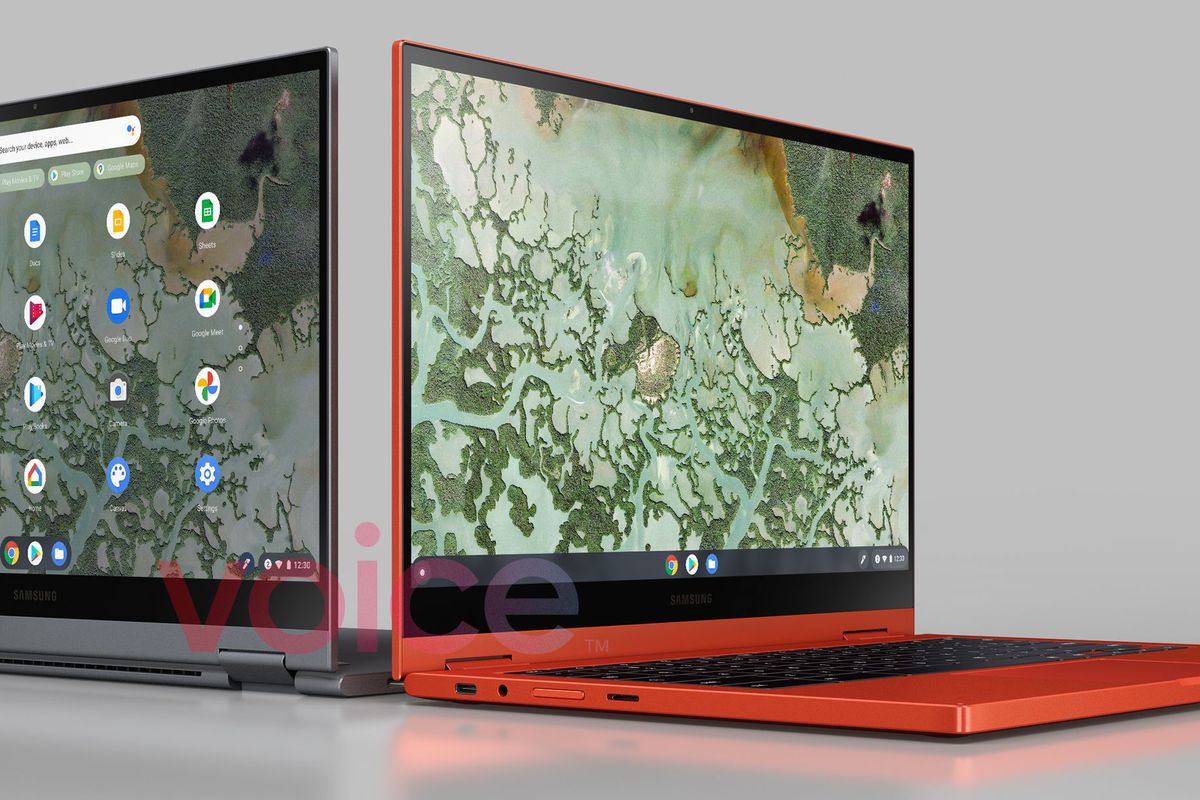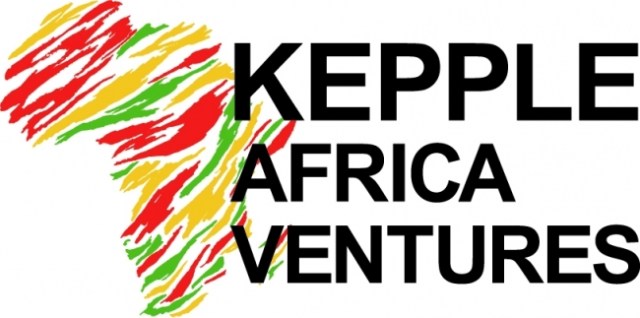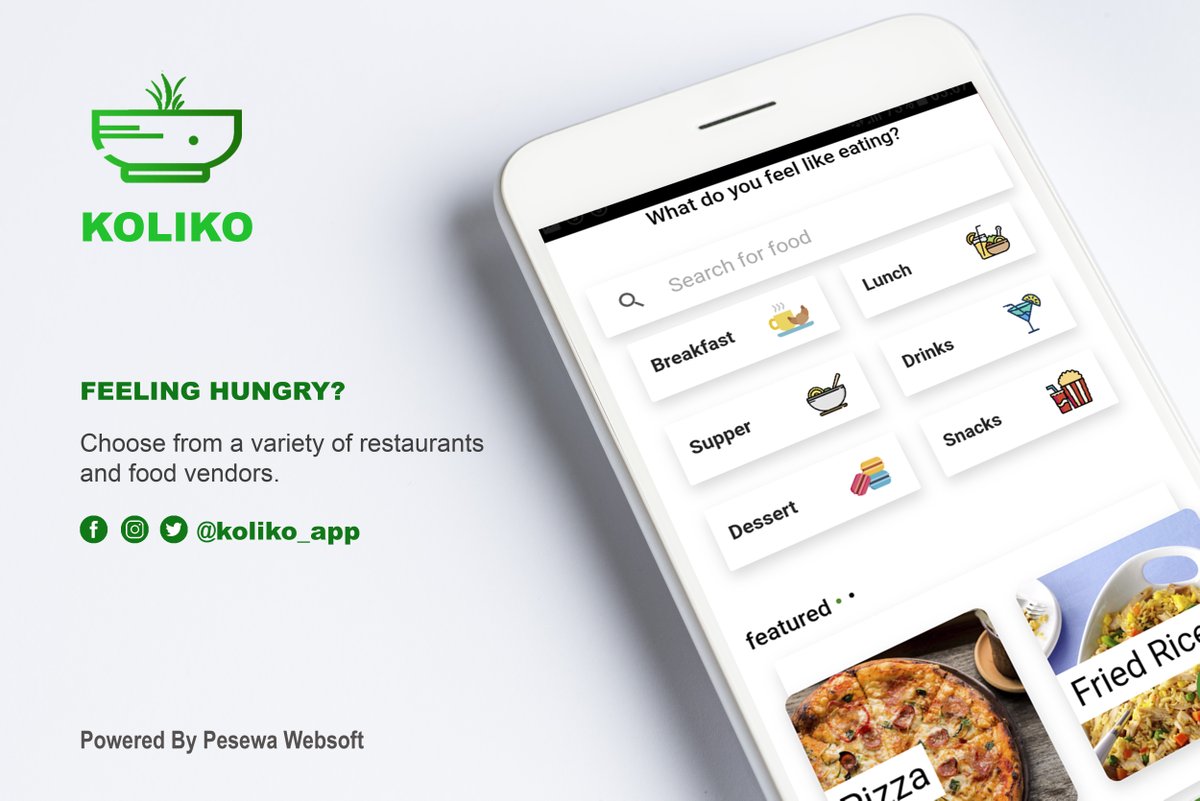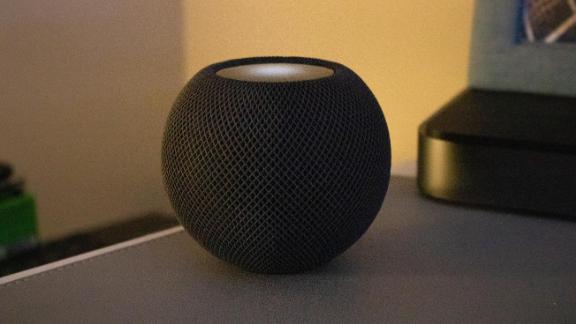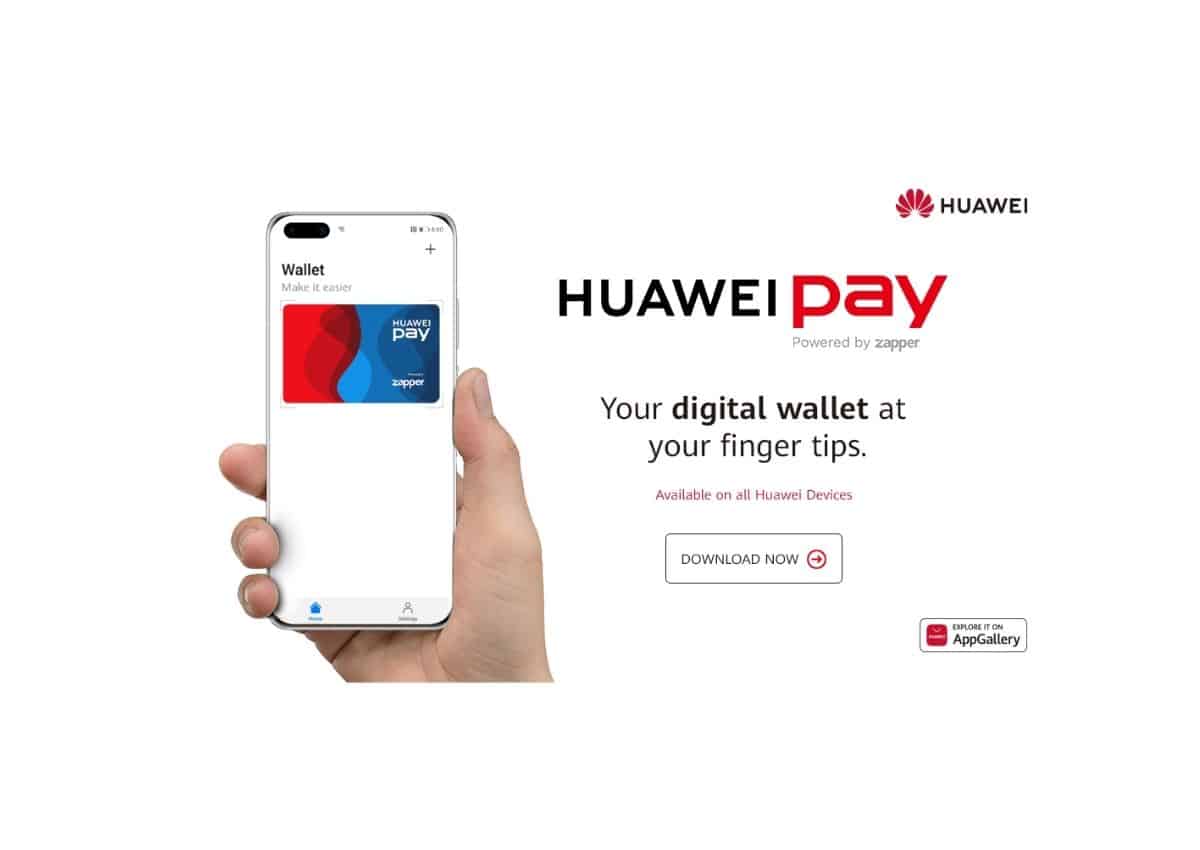A couple of months back, Samsung unveiled its Galaxy Chromebook. The device arrived in the markets as a premium gadget. And it did pretty well – in terms of sales.
Now, the South Korean tech giant is preparing to take the covers off the second generation of the Galaxy Chromebook, the Samsung Galaxy Chromebook 2.
Meanwhile, not too long ago, a reputable tipster, Evan Blass, shared the pictures of the upcoming Galaxy Chromebook 2.
Not that alone, but he also revealed the Samsung slides of the upcoming Chromebook that shows what to expect from the device regarding specifications.
Interestingly, the alleged pricing details of the Galaxy Chromebook has surfaced as well, and speculations believe the launch of the device is near.
On Twitter, a user shared the pricing information of the upcoming Samsung Chromebook. The tweet claimed that it would carry a price tag of $699.
The alleged price of the Galaxy Chromebook 2 appears to be $300 lesser than that of the Chromebook 1, which launched for $999.
The leak further stated that the tech giant is reportedly combating a setback on the first Chromebook – battery health.
The leak claims that Samsung is working towards a 12-hour battery life on the Galaxy Chromebook 2.
The brand is also upgrading the new Chromebook’s display to a 4K AMOLED panel unlike the QLED screen on its predecessor.
However, Samsung seems to be downgrading the internals a bit – seems to be the reason behind the reduced price.
The Chromebook 1 came with an Intel Core i5 processor but the all-new Chromebook 2 would debut with the 10th generation of the Intel Core i3 processor.
Though the Core i3 processor will handle tasks smoothly, it seems quite odd that Samsung did not consider opting for the latest 11th generation processors.

